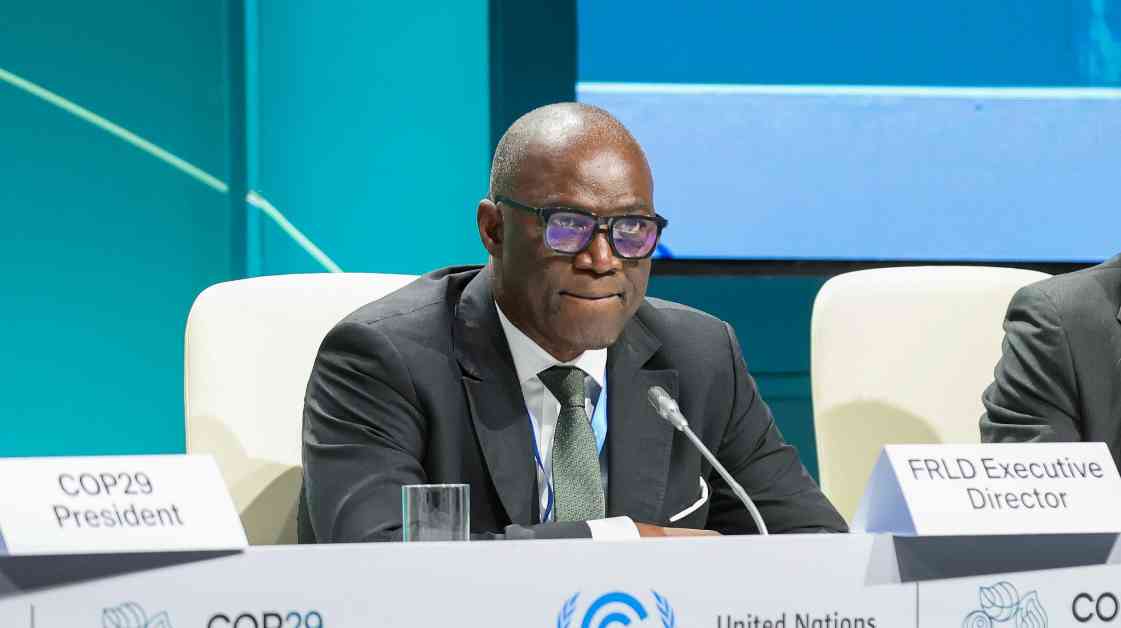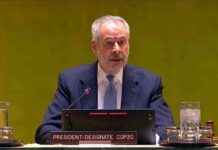Managing Costs: Urging the New Loss and Damage Fund Boss to Keep Expenses Low
With just $69 million in the bank account of the fledgling loss and damage fund so far, its new executive director was urged to keep running costs as low as possible at his first board meeting this month. Board members from 26 governments around the world questioned the fund’s current and planned spending on consultants, business-class plane tickets and the need to have a deputy executive director at the four-day meeting in the Philippines.
Climate activist Harjeet Singh emphasized that the fund’s secretariat must exercise caution and prudence in utilizing resources intended for vulnerable communities recovering from climate impacts. He stressed the importance of making judicious decisions regarding expenses, especially concerning its size and travel expenditures.
## Origin and Purpose of the Fund
The Fund for Responding to Loss and Damage (FRLD) was established by governments at the COP27 climate summit in Sharm el-Sheikh, Egypt, after three decades of advocacy by island nations. Comprising 12 negotiators from developed and 14 from developing nations, the board has been working for two years to finalize the fund’s operational details.
## Leadership and Financial Challenges
Senegalese-American banker Ibrahima Cheikh Diong was appointed as the executive director of the fund, presenting a plan to commence fund disbursement by the end of 2025. However, concerns were raised about the extensive use of external consultants and the allocation of nearly $0.7m for consultant fees in the first six months of 2025.
## Travel and Staffing Considerations
The fund’s travel policy, inherited from the World Bank, allows business-class flights for journeys exceeding five hours. Board members debated the necessity of such expenditures, with some advocating for economy travel to reduce costs and emissions. The board also discussed hiring in-house staff versus relying on short-term consultants to expedite operations.
## Financial Contributions and Urgent Needs
Despite pledges totaling $749m from wealthy nations, only $69m has been received by the fund, raising concerns about late payments and the urgent financial needs of climate change victims. COP29 president Mukhtar Babayev called on governments to fulfill their contribution agreements promptly to address the pressing requirements of affected communities.
As the fund navigates financial challenges and operational decisions, the focus remains on maximizing resources for vulnerable populations and efficiently delivering assistance to those impacted by climate change.














